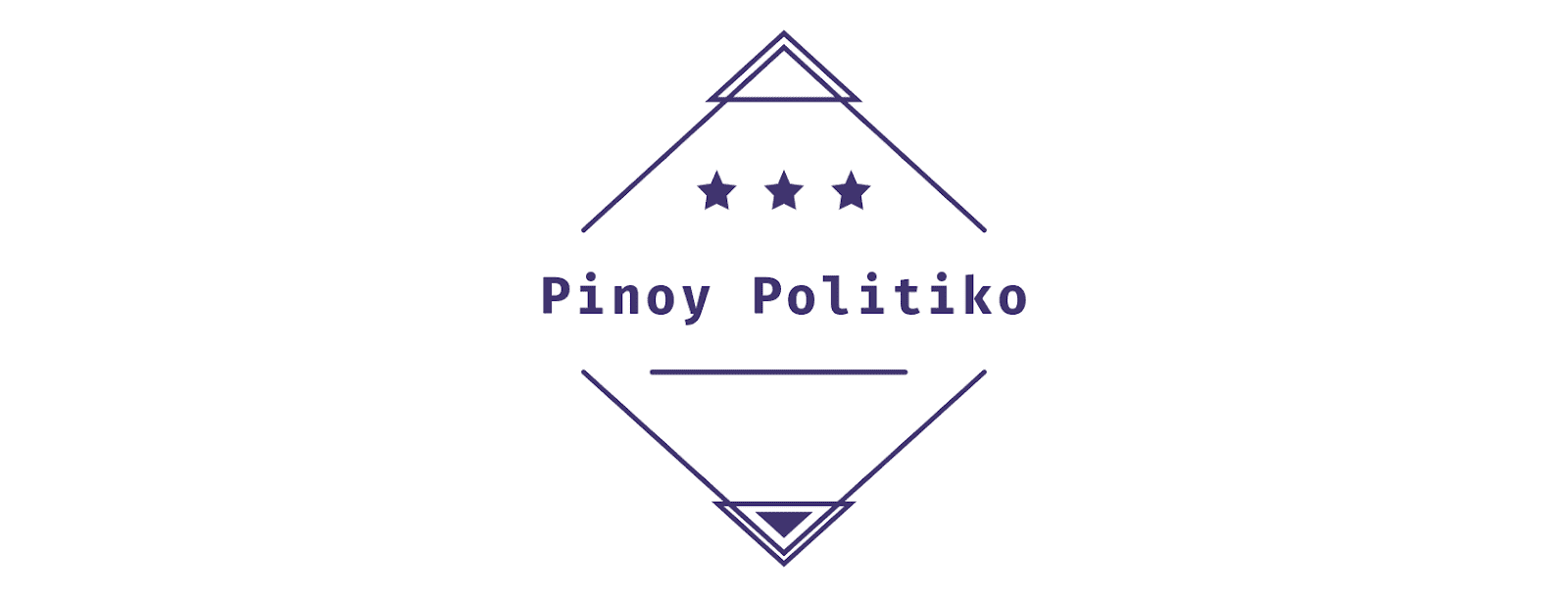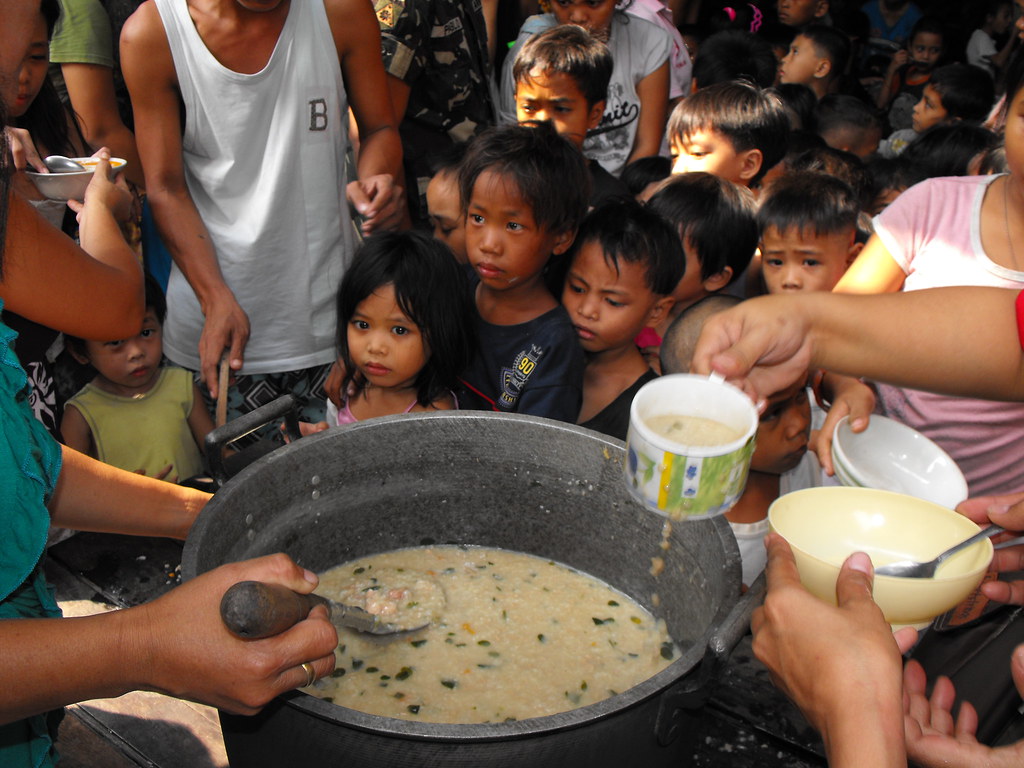- Get link
- Other Apps
- Get link
- Other Apps
As ironic as it is alarming, the PSA 2012 report cited that fishermen and farmers remain the poorest basic sectors in the economy. For a country long known as agricultural for the most part, the poverty incidence among the food producing sectors indicate the gravity of attention and remedy the government needs to provide and undertake, factoring in natural and man-made disasters and other challenges such as far-flung and remote villages as givens.
More alarming is the fact that children is the third poorest sector in the economy for the same year. The 2015 study of UNICEF and PSA Child Poverty in the Philippines mentions that in 2009, 13.4 million of all children aged 18 below were considered income-poor. Evenly considered are numbers of children without sanitary toilets, potable water sources, education opportunities. The study states that the lack of inclusive economic growth and the high population growth in recent years will probably make it difficult for the number of poor children to decline.
Roughly one-third of the 2015 population was in dire need, slightly lower or higher this year matters much! Most recently, a pledge of $48.2 million in loans to develop agriculture in Mindanao has been made by Japan, the Philippine’s largest trading partner in 2015 (The Japan Times). The President has approved free irrigation for the country’s rice farmers to commence in 2017 (Sun Star Davao) and is considering to push for the condemnation of farmers’ unpaid irrigation fee which has reached P13 billion (foodevolution.com.ph). The Conditional Cash Transfer 4Ps of the Department of Social Welfare and Development continues to serve the poorest families where children are usually present. National and international nongovernment organizations (NGOs) contribute to the upliftment of the underserved and underprivileged. On top of these, a Philippine Development Plan for the next six years is warranted to strongly focus on how to help the poor Filipinos especially the children.
Hope is rich in the air which loads tons of expectations on the Duterte administration’s shoulders. It is a time when we cannot afford to fail, lest compromise the future. We need to be ready for change.

